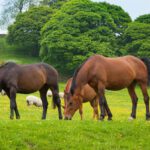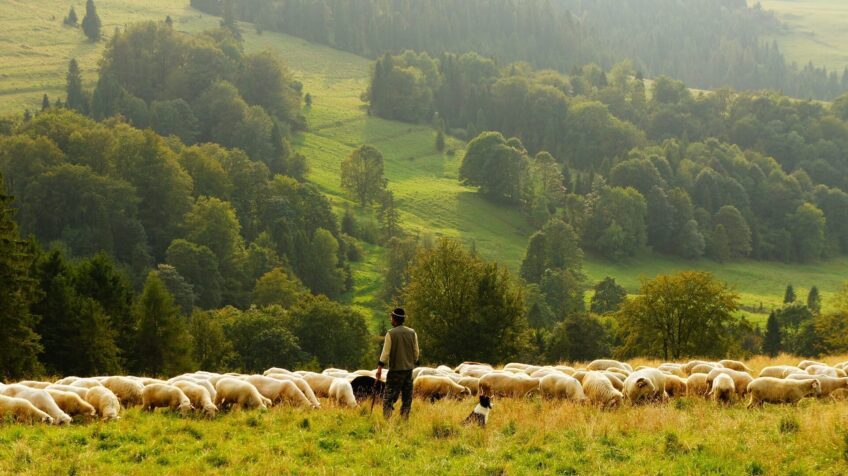Grazing agreements
As the grazing period of May to October approaches, many landowners will be considering allowing animals to be grazed on their land. At first glance, this makes sense as otherwise unused land will now remain in use and provide a profit to the landowner.


Alistair Millar
However, this area of agricultural law is quite complex, depending on the animals or livestock grazed and the grazing agreements reached. As such Alistair Millar, Partner at Tallents Solicitors in Southwell and agricultural law specialist, is urging landowners to seek legal advice before allowing grazing or taking payments from graziers.
He explains why:
Agricultural land can attract significant tax benefits but only when strict guidelines have been followed or obligations have been met.
The wrong agreement with the grazier could lose the landowner vital agricultural grants, single farm payments, affect inheritance tax planning arrangements, or even possession of the land, both temporarily or permanently.
Grazing horses or livestock – what’s the difference?
Alistair says:


Grazing horses or livestock?
Before agreeing to any grazing rights, it’s important that the landowner understands the difference between grazing horses or livestock.
Horses are not considered to be ‘livestock’, unless they are part of a larger commercial operation, such as a livery yard or riding school.
As such, choosing the correct agreement is vital otherwise the landowner risks inadvertently giving the grazier statutory legal rights over their land.
Grazing agreements, licence or tenancy – which should I choose?
Landowners can choose from several agreements with regards to grazing, including the granting of a grazing licence, a common law tenancy, a Landlord & Tenant Act business tenancy (LTA) and a Farm Business Tenancy (FBT).
Licenses will allow the landowner to remain as the occupier of the land and retain payment subsidiaries and tax advantages, whereas tenancies will grant the grazier sole occupation and statutory or permanent rights over the land.
Alistair warns:
However, it’s important to note that the title of the agreement does not legally create a licence or a tenancy, the actual wording of the document relating to exclusive possession of the land will determine where within this area of law the agreement will ultimately fall.
Alistair notes:
Once the grazing animal has been established, then choosing the right agreement will depend on whether the landowner wishes to allow the grazier no-obligation, short-term access to the land via the granting of a license, or impose more formal obligations, such as repair or maintenance, in which case a formal tenancy agreement would be more appropriate.
Alistair finishes:
Every grazing situation will be subject to individual requirements and needs and therefore, each one should be considered fully before any agreement is entered into. Our agricultural experts can advise landowners on their specific circumstances. Additionally, there is more information on our website about grazing licences, should landowners wish to learn more.

